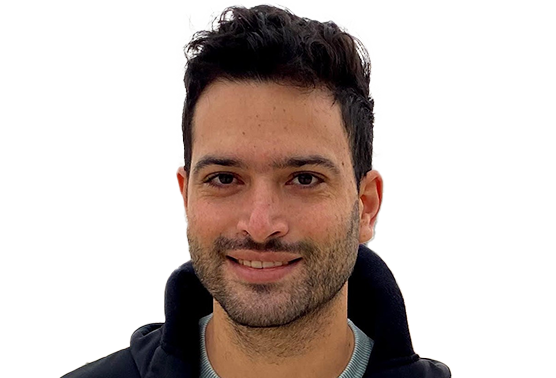At its core, the Israeli-Palestinian conflict is a struggle between two ethnic-nationalist movements vying for control of a single piece of land. This conflict presents a substantial challenge to national security due to its multifaceted implications, encompassing security concerns, economic considerations, Israel’s global and regional standing, and its identity as a Jewish and democratic state.
The political process intended to reach a comprehensive agreement between the parties has long remained stagnant. This impasse stems primarily from the inability to reach agreement on critical issues, including territorial boundaries, Jerusalem, the repatriation of Palestinian refugees, and security arrangements. At the same time, profound socio-psychological and religious factors underpin the conflict and drive ensuing acts of terrorism.
Since the prevailing sentiment among both the Israeli and Palestinian populations is that a viable solution to the conflict remains elusive, both parties continue to manage the conflict, rather than work to resolve it. The expansion of Israeli settlements and the establishment of outposts deep within the West Bank, east of the security barrier, create a complex and intricate context for Jewish and Palestinian communities. This entanglement is unlikely to be loosened or unbound in the foreseeable future. Parallel to the political deadlock and the inability to realize any agreement, the looming prospect of a one-state reality poses a formidable challenge to the Zionist vision of a Jewish, democratic, secure, and prosperous state.
In addition, the Israeli-Palestinian conflict is a weighty issue in Arab and Muslim public opinion, influencing the potential for expanded and deeper normalization between Israel and Arab nations.
The primary objective of the INSS research field is to examine and analyze the conflict comprehensively and from a multidimensional perspective, and then formulate policy recommendations within the security-political domain. In particular, the research field seeks to craft strategic policy that will help disrupt the slide into a one-state reality while paving the way for prospective policy alternatives.
The research field contributes and enriches the ongoing public discourse surrounding these complex questions. It provides an objective resource for international stakeholders dealing with the Palestinian issue and facilitates decision making processes at political, security, and professional levels by studying the implications of decisions and actions taken in the realm of the Israeli-Palestinian conflict.












